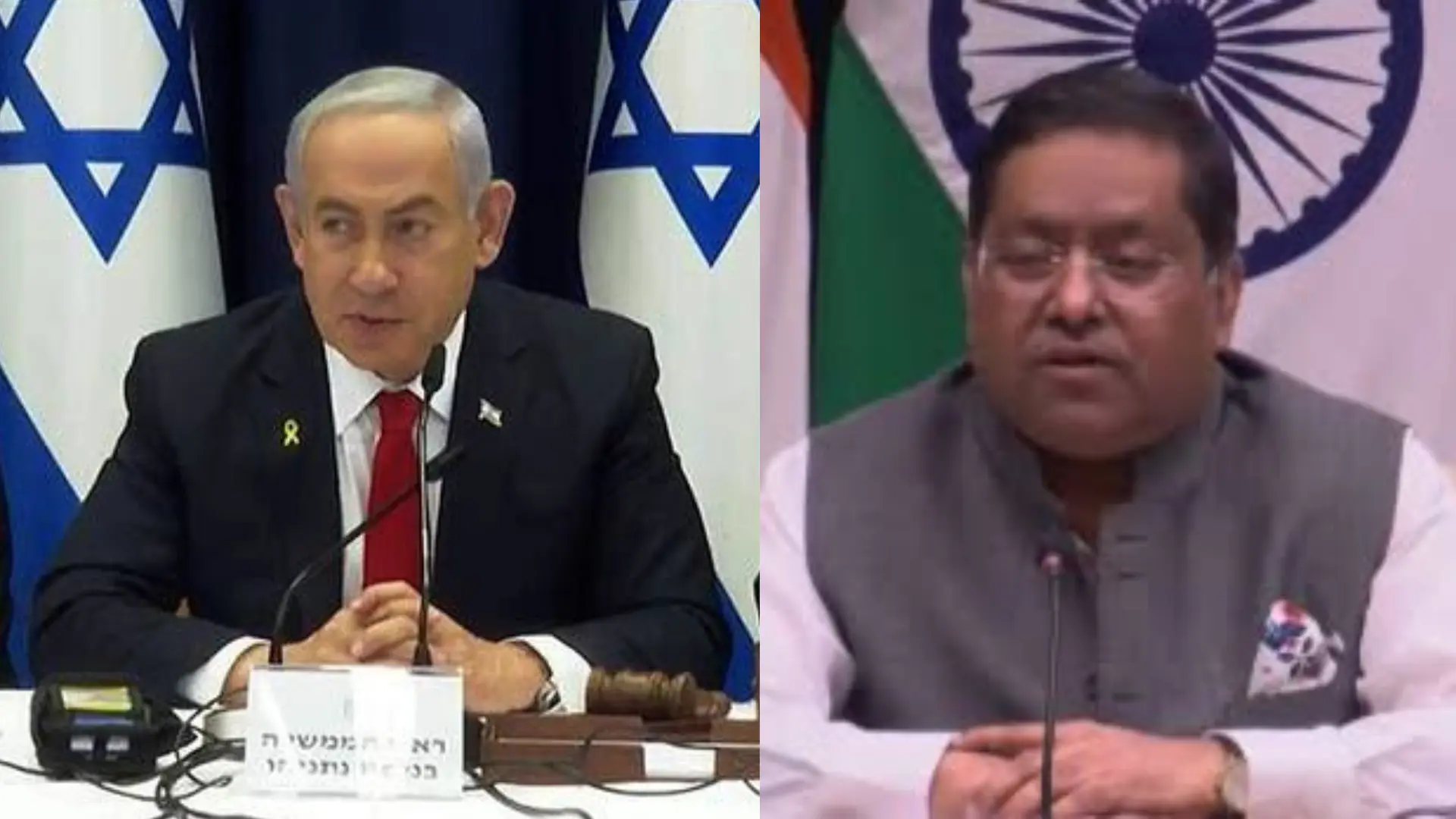The 1872 United States presidential election, held on November 5th, remains one of the most extraordinary in American political history. It stands as the only instance in which a major candidate passed away during the election process itself, throwing a shadow over what was already a contentious and highly unusual contest.
The Candidates: Ulysses S. Grant vs. Horace Greeley
At the heart of the 1872 election was the contest between incumbent President Ulysses S. Grant and his challenger, Horace Greeley, the founder and editor of The New York Tribune. Grant, who had served as the 18th President of the United States since 1869, was seeking a second term. His administration had been marked by efforts to implement Reconstruction policies in the South following the Civil War, but his approach had drawn significant opposition within his own party.
In response to Grant’s policies, a faction of Republicans broke away from the party and formed the Liberal Republican movement. This group was disillusioned with Grant’s handling of Reconstruction and his inability to push through reforms in government. In 1872, the Liberal Republicans held their own convention, where they nominated Horace Greeley to challenge Grant in the presidential race.
In an unexpected twist, the Democratic Party—typically aligned with the opposition—also endorsed Greeley’s candidacy. This created a rare moment of unity between the Liberal Republicans and the Democrats, who sought to capitalize on growing dissatisfaction with Grant’s administration.
Horace Greeley: The Editor with No Political Experience
Horace Greeley was a passionate and outspoken critic of Grant’s administration, but he had little experience in elected office. As the editor of The New York Tribune, Greeley was known for his fiery rhetoric and strong opinions on national issues. However, his blunt and often divisive style of communication did not resonate with all voters, and many saw him as lacking the political acumen required to lead the nation.
Greeley’s public persona as a reformist editor clashed with his lack of a coherent political platform. He was a staunch abolitionist and proponent of civil rights, but his views on other issues were often seen as inconsistent, and his lack of executive experience was a significant disadvantage.
Meanwhile, Grant, who had won national acclaim for his leadership during the Civil War as a general, was widely regarded as a popular figure. His reputation as a war hero helped solidify his standing among the electorate, especially in the post-war South, where he was seen as a key figure in Reconstruction. Despite criticisms of his administration’s inefficiencies, Grant had solid backing within the Republican Party and among voters who saw him as a strong leader for the Union.
The Election Results: A Grant Landslide
When election day arrived on November 5, 1872, Grant and Greeley were the main contenders. Grant’s popularity, especially in the Northern and Southern states, made him a strong favorite. On the other hand, Greeley struggled to gain traction in the South and in certain parts of the country, where his alignment with the Liberal Republicans and his controversial stances alienated voters.
On election night, the results were largely predictable, with Grant securing a sweeping victory. He won 286 electoral votes, taking 29 states, while Greeley was left with no electoral votes. However, the outcome was marred by the fact that 14 electoral votes were invalidated due to issues surrounding the voting process, leaving Greeley’s total completely absent in the final count.
The Tragic Death of Horace Greeley
Just three weeks after the popular vote had been cast, Horace Greeley’s health began to deteriorate significantly. The stress of the campaign, combined with his declining health, took a heavy toll on the 61-year-old editor. Greeley passed away on November 29, 1872, before the Electoral College could meet to cast their official votes.
Greeley’s death before the formal voting process led to an unprecedented situation. The electors who had been pledged to Greeley were left with no clear direction on what to do next. While some electors considered casting their votes for other candidates, the lack of a clear replacement for Greeley led to confusion and ultimately to the invalidation of many of the votes meant for him.
The Aftermath: An Electoral College with No Votes for Greeley
In the aftermath of Greeley’s death, the electors who had been pledged to him were left with little choice but to cast their votes for other presidential candidates. Instead of voting for Greeley, the electors voted for four different presidential candidates, while also selecting eight different nominees for vice president. As a result, Greeley did not receive any electoral votes, and the final tally of votes showed a landslide victory for Grant.
Grant ultimately secured 286 electoral votes, with 14 votes being invalidated due to various issues surrounding the election process. Greeley’s death meant that the Democratic and Liberal Republican alliance was unable to secure any meaningful electoral success. The election results showed that Grant had captured the majority of the electorate, winning 29 states, while Greeley’s campaign was effectively erased from the electoral record.
Despite winning the popular vote, Greeley’s tragic passing led to a situation where no votes were cast in his favor during the Electoral College process. This outcome was a reflection of the challenges Greeley faced as a candidate, not only in terms of his political experience but also in his ability to garner the support necessary to win the presidency.
A Footnote in History: The Only Election with a Candidate’s Death Mid-Campaign
The 1872 election remains a unique and tragic chapter in American political history. Greeley’s death during the election process is a reminder of the unpredictable nature of political campaigns and the impact that personal circumstances can have on the outcome of an election. It also underscores the importance of the Electoral College process, which, in this case, was thrown into disarray due to the untimely death of a major candidate.
This event is remembered as the only instance in U.S. history where a major candidate died before the Electoral College could cast its votes, leading to the complete invalidation of his campaign. Despite his early support and the rare cross-party endorsement he received, Horace Greeley’s death ultimately ensured that the 1872 election ended with a decisive victory for Ulysses S. Grant, who would go on to serve a second term as president.
In hindsight, the election of 1872 serves as a fascinating historical footnote, highlighting not only the peculiarities of the American political system but also the unpredictable nature of elections themselves, where unforeseen circumstances can alter the course of history in dramatic ways.


















